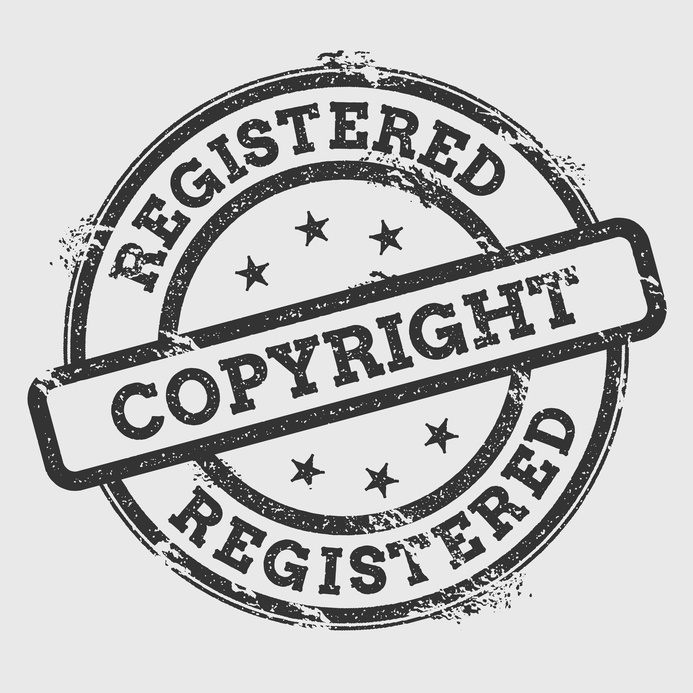You don’t need to register your copyright to protect your work. However, copyright law provides several benefits to musicians, performers, and songwriters that have registered their copyrights—designed to encourage registration. By creating a public record of your copyright, you place the world on notice and are able to fully enforce your rights and claims to what is yours.
If you register a copyright for your song or recording before or within five years of publication, you can establish permissible evidence that your copyright is valid. If you register within three months of publication or before infringement occurs, you may be awarded statutory damages and attorney’s fees in the event of court action. Copyright owners that have not registered may only be awarded actual damages and profits.
Filing a Copyright Claim
Copyright registration can be a simple process. You can file an application at any time during the life of the copyright—for either published or unpublished works. If you’ve registered a copyright for an unpublished work, there is no need to re-register when it becomes published. Though, you can file a separate claim to copyright if you feel it is necessary.
The registration process contains three important elements: completing your application form, paying your filing fee, and depositing a nonreturnable version of the work with the U.S. Copyright Office. Even if you’ve decided to apply online, you may be required to submit a physical version of the song or recording, in a CD-ROM format.
When registering online, the Copyright Office will confirm via email that your application has been received. The Office, unfortunately, cannot acknowledge receipt of paper applications due to high volume. Other advantages of filing your copyright application digitally include:
– Lower filing fee ($35-55 vs. $85 for paper applications)
– Secure payment by credit, debit, or electronic check
– Faster processing
– Online status tracking
– Electronic file deposit of sound recording(s)
Whether you’ve submitted your application via paper or online, the Copyright Office will contact you if additional information is required. Once the application is accepted, you’ll receive a certificate of registration—or if it is rejected, you’ll receive a letter or email explaining why.
Most commonly, copyright applications are rejected because of improper filing. If your registration is not filed properly, you risk paying the filing fee for another registration and delay processing by months. Online registration usually takes about eight months to go through, while paper filing may take longer than a year.
Increased wait times can complicate enforcement if you suspect someone has infringed on your copyright—ultimately reducing your damages. When filing, you also need to list authors and those holding interests. If filed improperly, you may attribute credit to the wrong people. For these reasons, many songwriters, musicians, and performers seek professional guidance on authorship, assignments and to ensure proper filing and timely registration—so their work is fully protected.
Carl Wilson, of the Law Office of William C. Wilson, is happy to provide this information.








